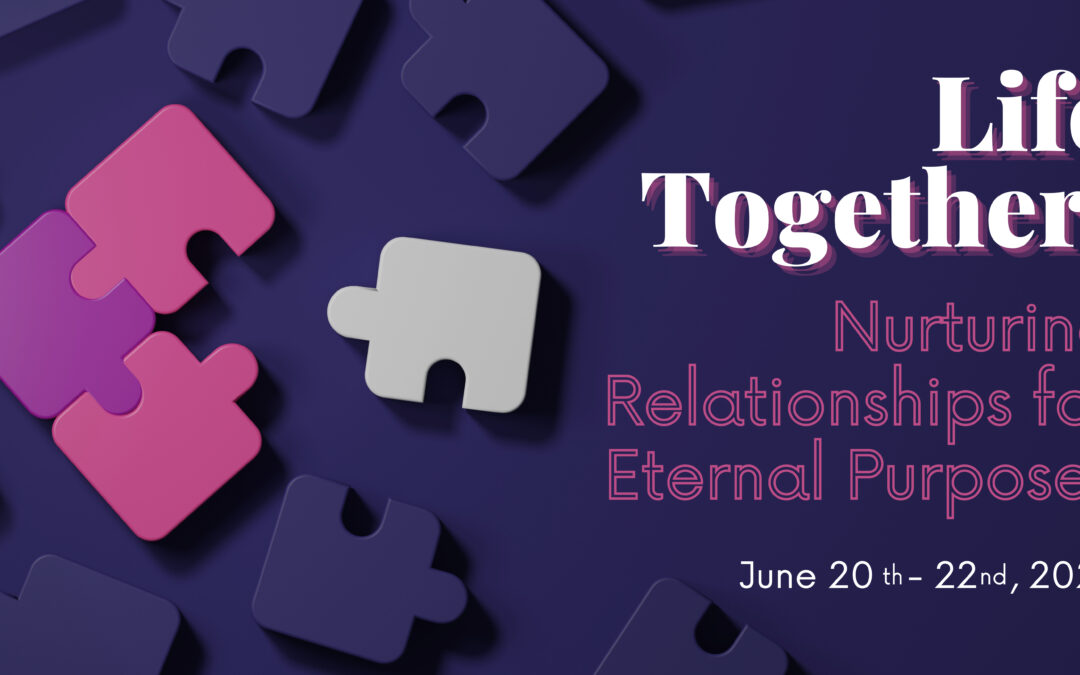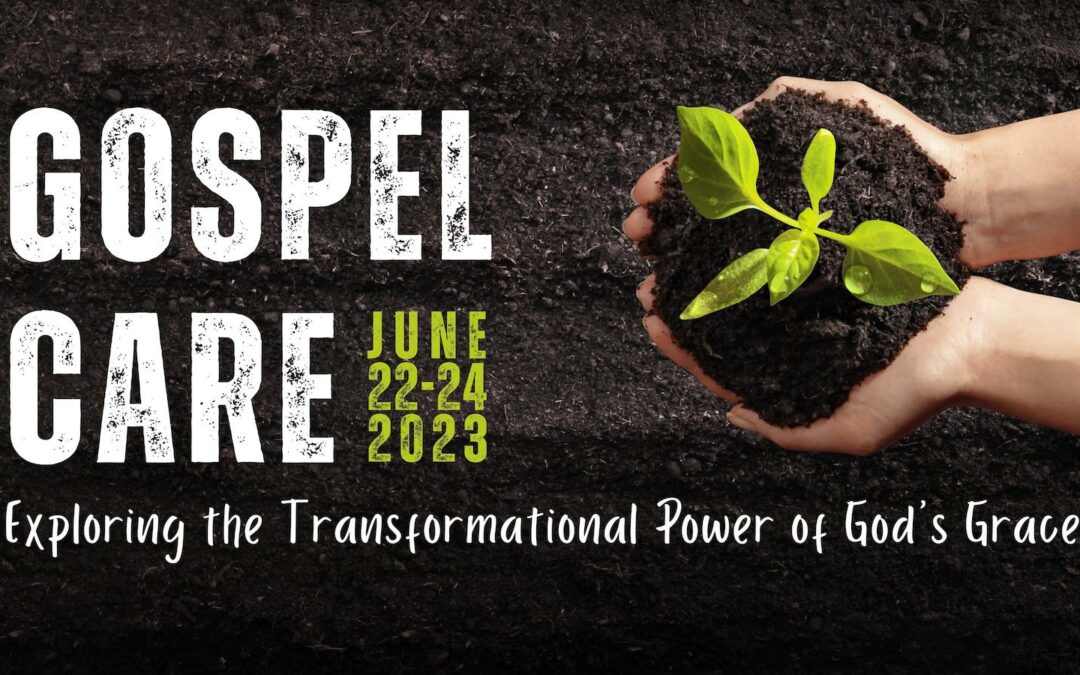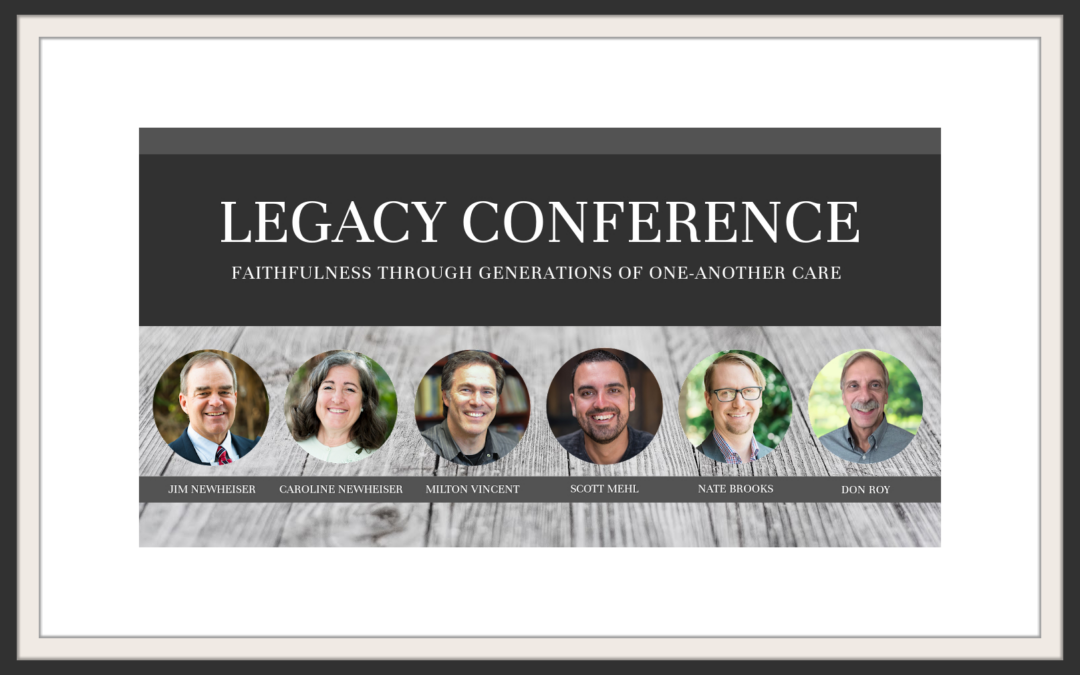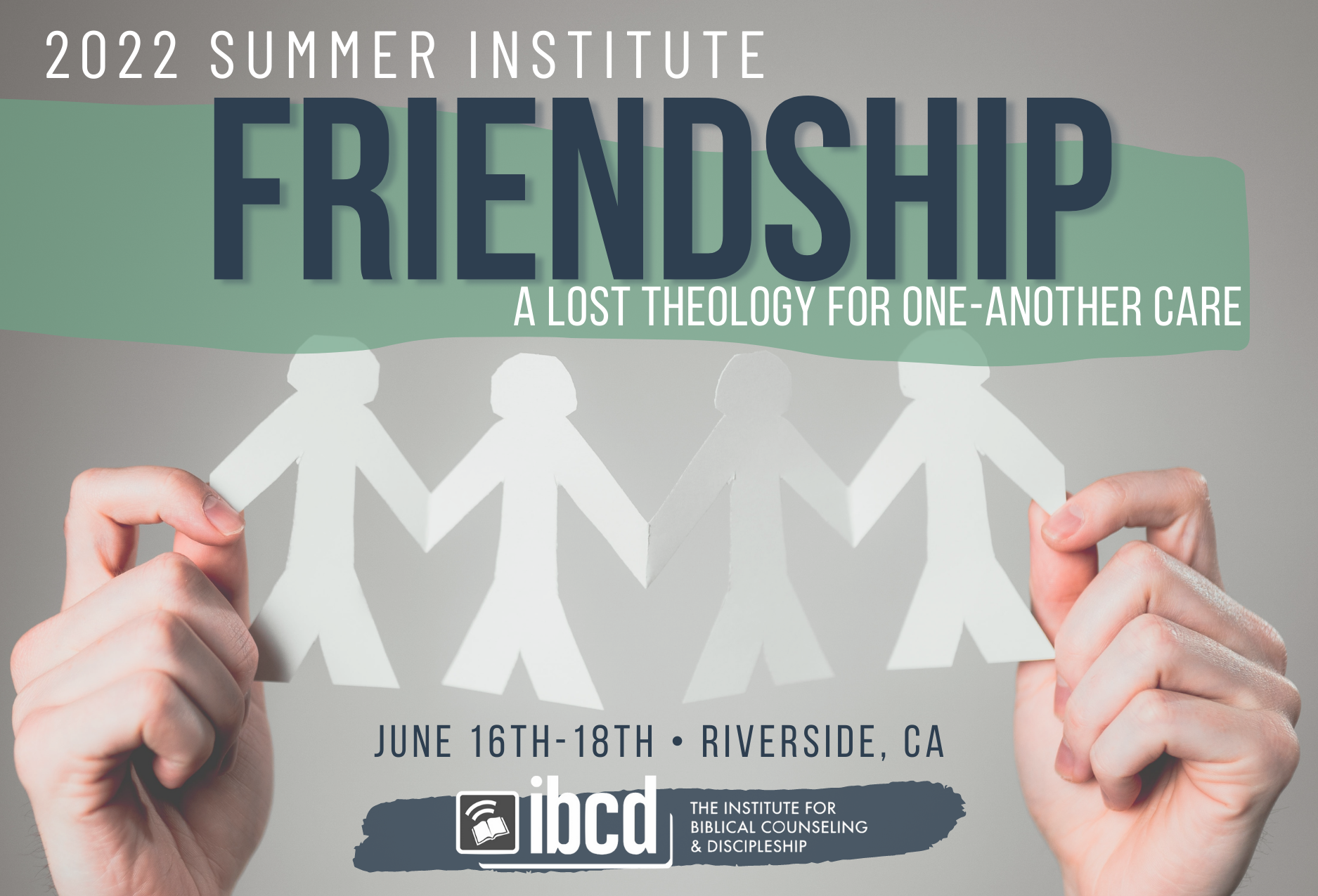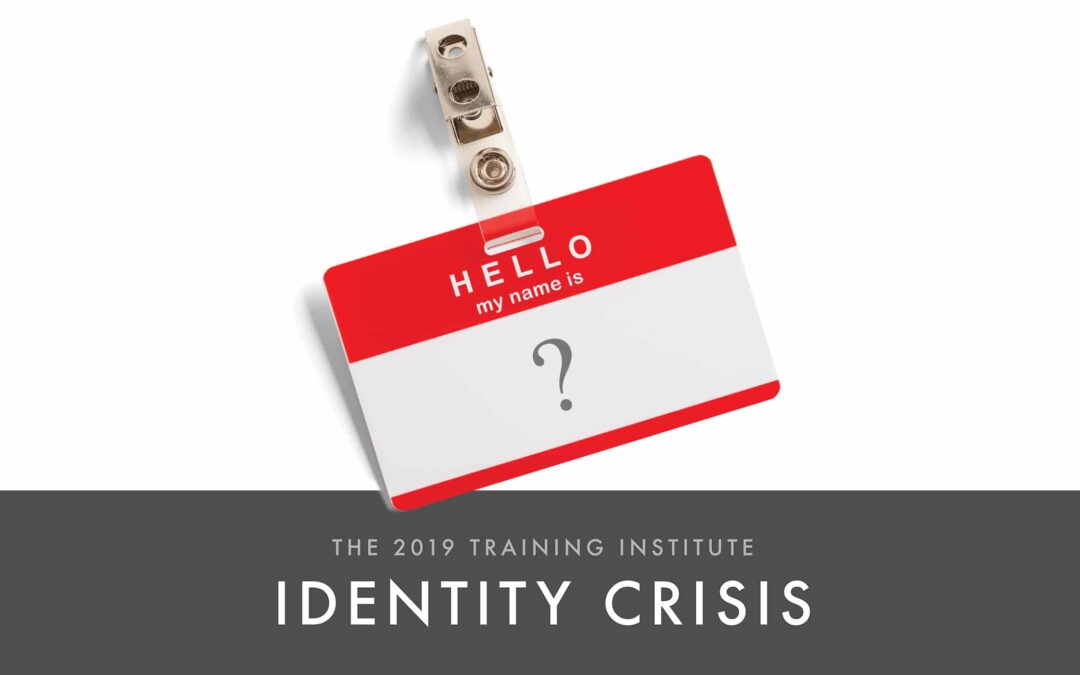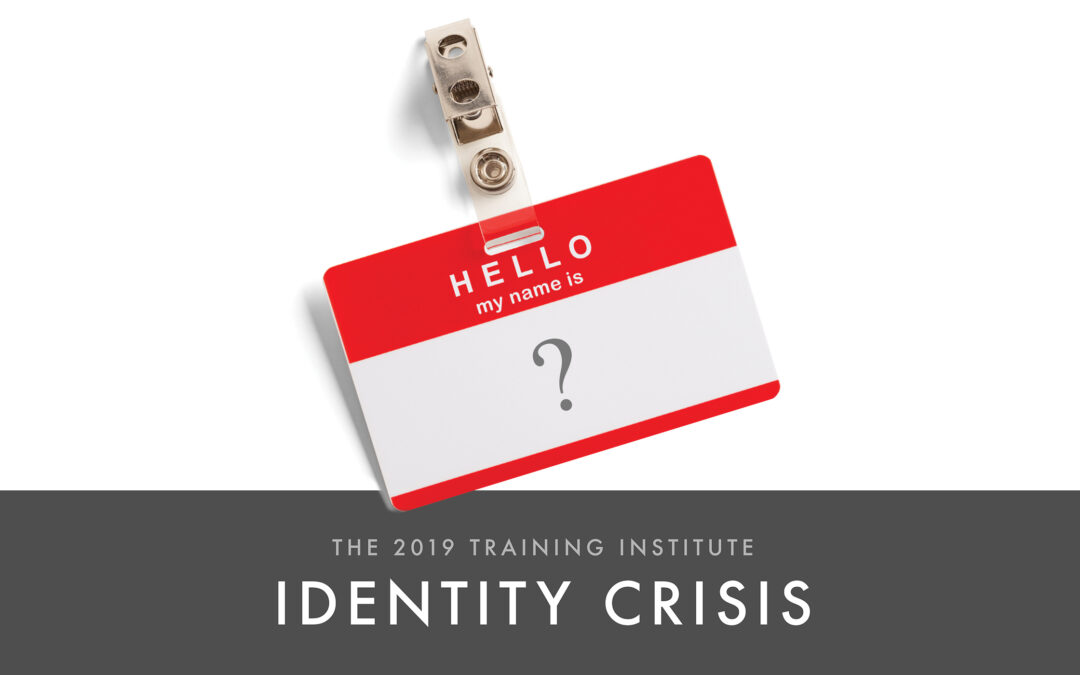Looking for the notes to this session? Download them here! The art of listening is a timeless and invaluable skill that plays a pivotal role in nurturing relationships for eternal purposes. Drawing on biblical references, we learn that listening is not merely a...
